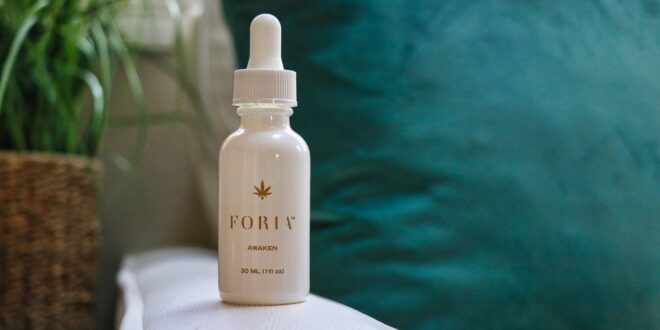When it comes to cannabis, the selection between CBD tincture and oil are two terms that are very often mixed up. Therefore, it’s not a surprise that the title question always appears when people search any of them. Though these two have obvious similarities, they don’t represent the same thing. Companies tend to use them frequently and interchangeably, often contributing to this confusion.
Both CBD tinctures and CBD oil have similar uses and packaging. They’re both stored in glass, dark bottles which help in maintaining their freshness and keep them from the reach of sunlight. Also, people need to consume both of them orally. But regardless of the fact that they resemble each other so much, it’s definitely necessary to make a clear difference between them. For what reason? You’ll find out if you keep reading this article!
What is CBD?
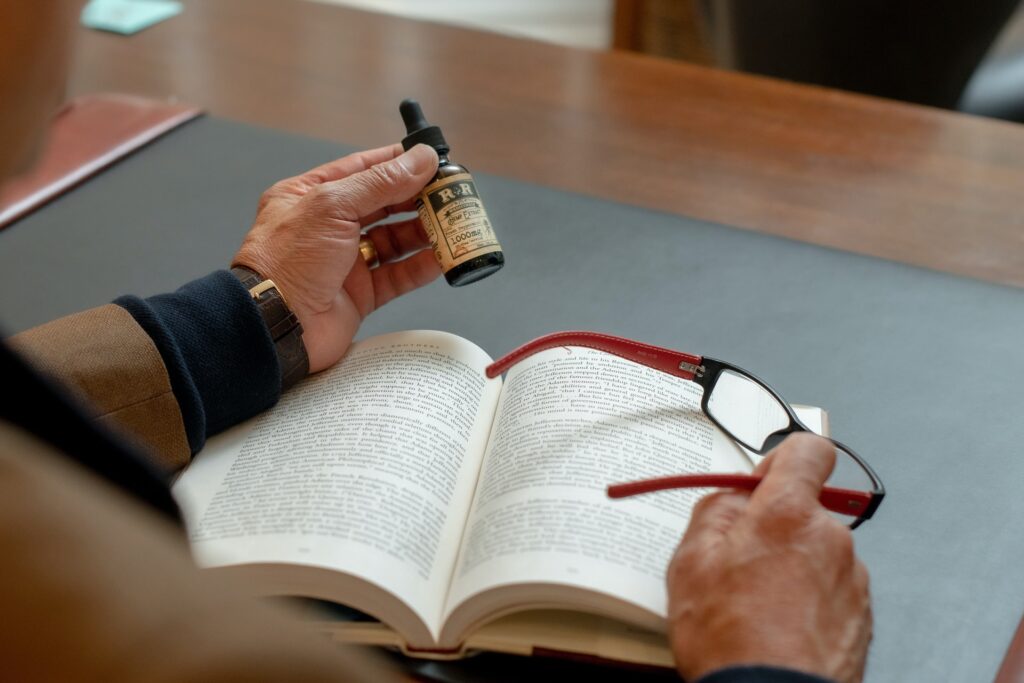
Although we’re talking about this world-famous substance that we believe everyone knows about, It’s always good to start with its very definition and clarify it a little bit. CBD, also known as Cannabidiol, is a derivative gained from both cannabis (marijuana) and industrial hemp. However, it’s non-psychoactive, which means it doesn’t create any effects, such as euphoria for instance, like in cases when consuming tetrahydrocannabinol (THC). This feature is one of the main reasons why CBD is so popular, but it’s not the only one – it also gained popularity due to the fact that many of its uses are positively related to wellness and health.
Main differences
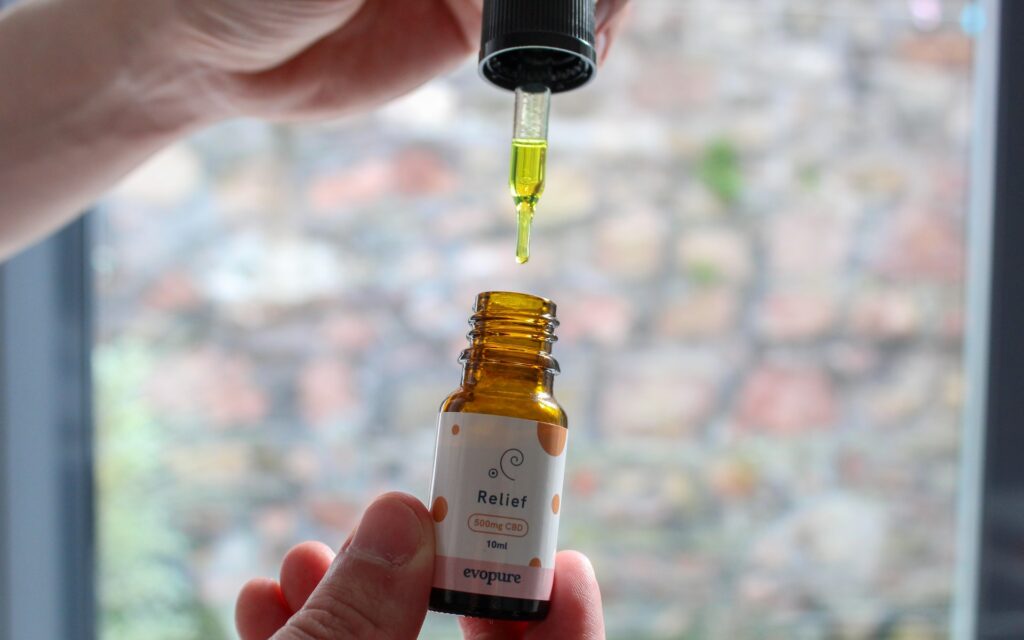
Besides the fact that it has been extracted from cannabis or industrial hemp, CBD oil is usually defined as a CBD isolate pulled from cannabis and diffused into various types of oil for human consumption. These oils are most often natural (such as hemp seed oil or a coconut-based oil) and they are probably the most popular products from the CBD family, primarily because of their effectiveness and ease-to-use nature.
CBD tincture is, by definition, an extraction from cannabis plants or industrial hemp, that is alcohol and water type or an alcohol-based solution. The process of its creation includes saturation of hemp into alcohol and slowly heating it for some time. Manufacturers usually add certain additional ingredients such as multiple herbs and flavoring-type agents for a better taste. This tincture can also be isolated from cannabis, similar to oil, but through the use of alcohol instead of CO2 extraction.
What we could highlight as the most significant difference between tincture and oil is the fact that the first one uses a liquid diluent to gain CBD isolates while commercial CBD oil uses carbon dioxide. Another significant distinction is that CBD tinctures can be ingredients in beverages and food, but when it comes to cooking, it’s better to look for water-soluble CBD since it’ll definitely mix better with other ingredients and allows a faster absorption.
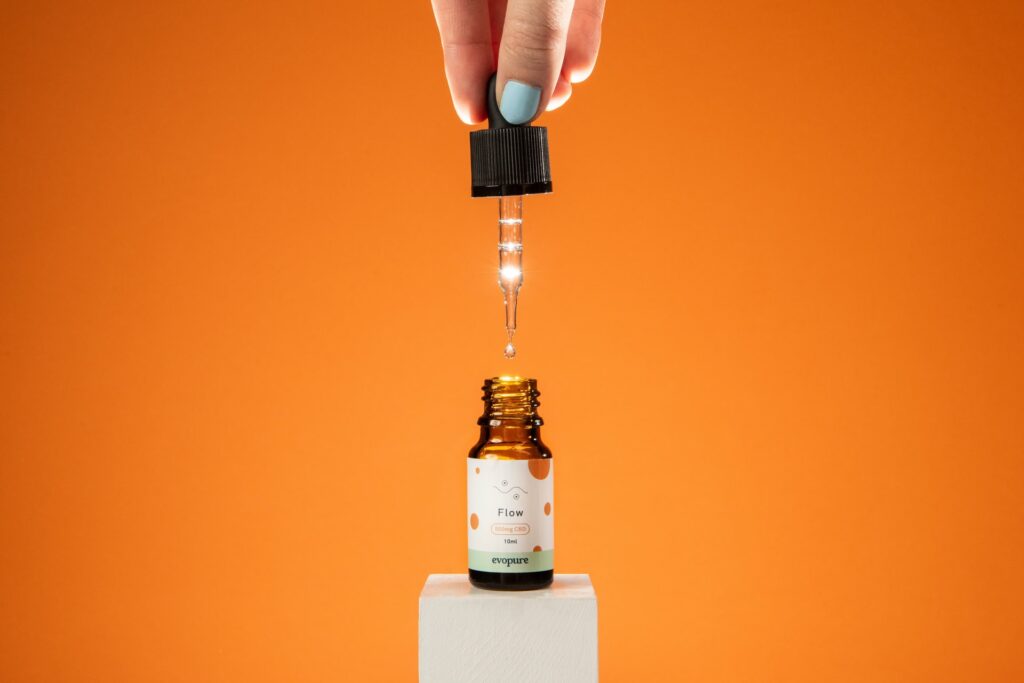
When compared to oil, CBD tincture has higher bioavailability, and the alcohol, which is its base, is mainly responsible for this feature. It preserves the liquid from spoilage and improves its life span.
Taste is another important difference between these two. When consumed orally, for most people oil has a weird taste and can leave a slick aftertaste. On the opposite, tincture has a much more pleasant taste, mostly due to the fact that it comes in different fruity or sweet flavors and that you don’t need to swallow it right away – it should be taken sublingually for the best effect. An article from cbdkyro.com explains all the ins and outs of tincture use and teaches readers how to get the best out of it.
While alcohol preserves the tincture from spoiling and extends its shelf life, CBD oil gets spoiled much easier. You can easily notice that your CBD oil has expired when its consistency becomes ‘dim’, and the general advice for extending the life of such products is to avoid exposing them to the sunlight. It may speed up the spoilage process and make the substances useless.
Of course, you’ll probably ask about the price of both, but when it comes to this criterion, although some difference in price range does exist, it isn’t a significant one. It usually depends on the strength of the substance and various other factors. As a general trend, the cost of a 500ml bottle of both is pretty similar, ranging between $35 to $45. Of course, if you decide to look for a high-quality oil, it will be more pricey than a simple tincture, though.
Which one of these products is better for consumers?
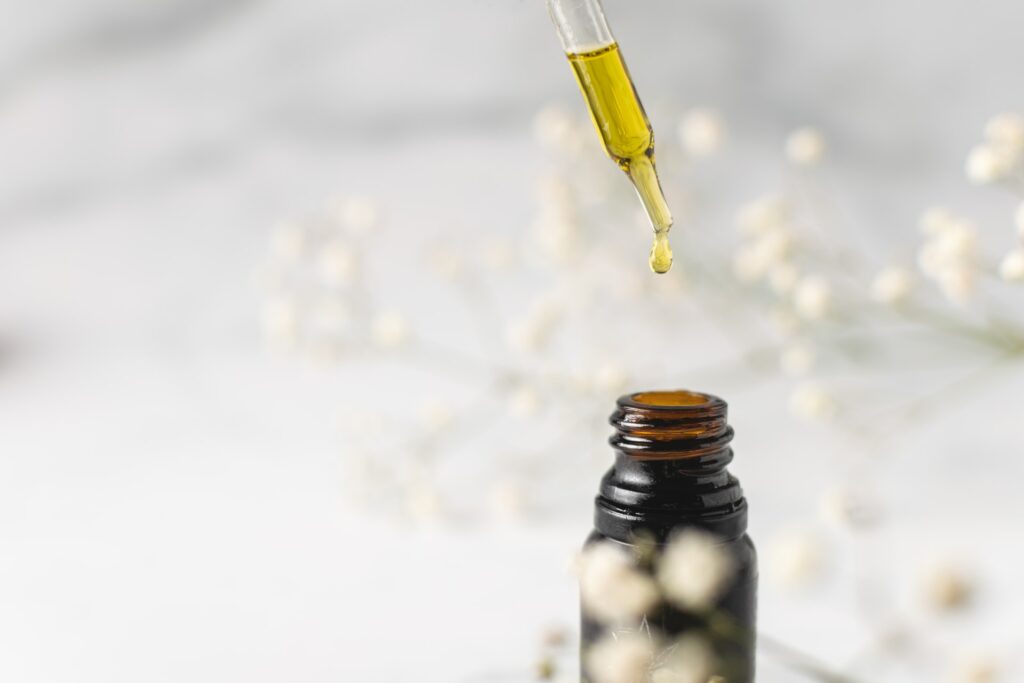
But what would we say when the moment to choose a better pick comes? Well, each individual has their own opinion. It often varies from person to person as both products are similar in terms of their effectiveness. Some people may enjoy one of these two options more because of the ‘hidden’ flavor of the real hemp, while some may prefer to use oils since they are more flexible – since they don’t have an alcohol base, people who are looking for wellness benefits may prefer them, as well as people who avoid anything with alcohol.
Oils are great for topical application, even though the CBD compounds won’t reach the bloodstream through skin absorption. You can choose whether you prefer using them orally or topically, or you prefer a liquid you can use sublingually. Tastes differ, and one can opt for the consumption method that suits their needs best.
On the other hand, other people may prefer tinctures instead of oils because of their additional ingredients and flavors that taste better than a substance itself without any ‘coverage’, although many people don’t mind the real taste and smell of hemp, too. Making products that taste differently turns a dietary supplement into something more like a candied beverage.
Finally, what matters the most is that both tincture and oil are pretty much unnoticeable when it comes to consumption, because of the lack of psychoactive impact. This means that you can use them without being afraid that they may change your behavior or have any other negative consequences. The choice is only yours – and whichever you choose, you can be sure that you have made the right decision for your health and wellbeing.
 World Magazine 2024
World Magazine 2024
